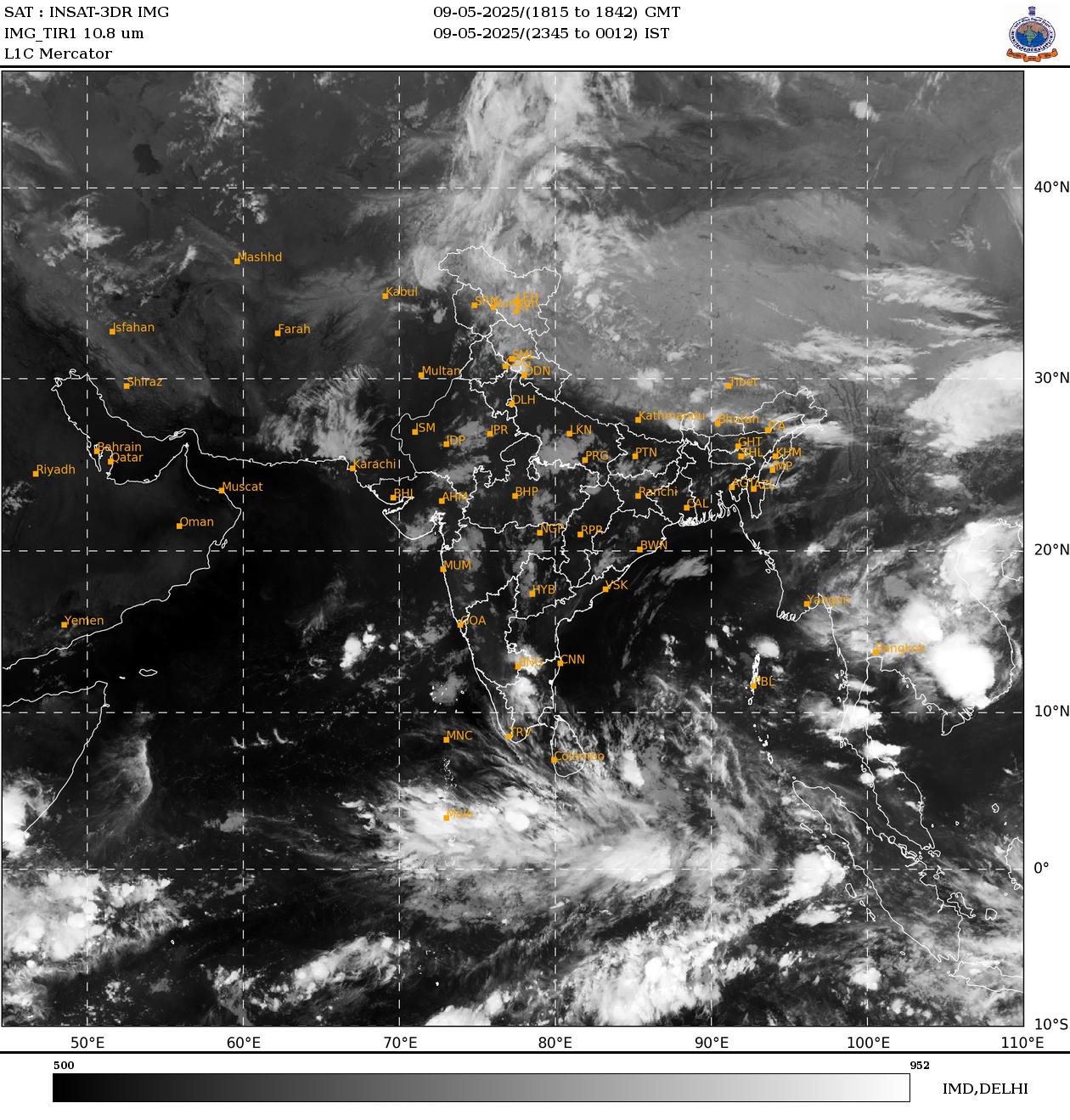pak - Textile troubles
 ... -
... -
July 15, 2015 Only a government totally divorced from sanity would want to harm the textile sector � the backbone of our economy � the way the All Pakistan Textile Mills Association (Aptma) claims it is. Pakistan�s textile industry contributes 8.5 per cent to the GDP and employs over 40 per cent of the manufacturing sector workforce � around 15 million people. Pakistan is the fifth-largest producer of cotton, with the third-largest spinning capacity in Asia after China and India, and contributes five per cent to the global spinning capacity. At present, there are 1,221 ginning units, 124 large spinning units and 425 small units which produce textile products. Besides, the spinning industry being the sole consumer of cotton, sustains the largest cash crop of Pakistan.
Aptma�s main concern appears to be the recent hike in the power tariff, which has climbed to Rs14 a unit after the government increased duties on electricity by Rs4 a unit. This increase is said to translate into an additional burden of Rs200 million a day on the textile industry � or Rs72 billion every year. On the other hand, power tariffs in all regional economies are said to be lower than 10 cents a unit. Aptma claims that against Pakistan�s textile exports of $13 billion, the textile industry will be paying an additional $1 billion on new power and energy taxes imposed in the 2015-16 budget. As a result, global buyers are said to be shifting to cheaper suppliers from competing economies.
Aptma also opposes the five per cent sales taxes on non-registered buyers of yarn and fabrics in the new budget, which threatens to burden exporters with an additional cost of around Rs65 billion. Aptma believes that Pakistani consumers should not be asked to bear the high cost of the TAPI (Turkmenistan-Afghanistan, Pakistan-India) gas pipeline.
The threat of closure is said to have been necessitated by high production costs, energy shortages, backward technology, cotton shortages and marketing handicaps. Also, Aptma believes that our over-valued currency, high taxes on exports and the government�s failure to implement �fair� trade policies are some of the other causes of the crisis in which the sector finds itself today. And according to Aptma, as a result, currently 30 per cent of textile capacity is lying idle.
The development of the textile industry is also said to have been hampered by the low use of Man-Made Fibres (MMF) in the fibre-mix. Correction of our fibre-mix ratio is expected to bring about qualitative improvement to Pakistan�s product range as well as broaden it. In this regard, Aptma has proposed that all duties on import of MMF be done away with altogether. And it also feels that new investment should be encouraged so that the MMF shortage in the country can be overcome.
Regional competitors, from 2005 onwards, are said to be encouraging investment to develop sizable capacity and as a result, the textile exports of Pakistan�s principal competitor increased from $12 billion to $30 billion. The instrument used was the Technology Up-gradation Fund Scheme that provided for a remission of interest rate up to 50 per cent for investment. Similar schemes announced by successive governments in Pakistan did not materialise because of the characteristic gap between policy and implementation.
While it is the backbone of Pakistan�s economy, the sector belongs to the richest few-hundred Pakistanis. A couple of hundred of them are billionaires with one or two making the Forbes�s rich of the world list. They are the products of the policy based on the trickle-down theory � a policy that facilitates a few to make big money on the misleading theory that these few would reinvest part of their profits to further expand the economy and generate employment. But this has rarely happened. In fact, this policy the world over has only resulted in making the rich richer and the poor, poorer. In Pakistan, too, it has done the same.
So, while it would be only sensible for the government to look into the grievances of the sector and take steps to meet its genuine demands, it would not be too much to ask the textile tycoons to learn to use their past windfalls to fund their current losses instead of demanding financial concessions from the not-so-rich government.
Published in The Express Tribune, July 15th, 2015.
Like Opinion & Editorial on Facebook, follow @ETOpEd on Twitter to receive all updates on all our daily pieces.
Most viewed
- Amid weak demand, cotton price surge adds to woes of yarn mills
- Centre willing to procure jute and cotton crop if prices fall below MSP : Goyal
- BTMA signals minimum wage structure for cotton textile sector within next two weeks
- ASEAN delegation to visit India on 17 Feb for FTA review
- State further subsidises power supply to textile industry till 2028
- Bank fraud case: Textile baron Neeraj Saluja sent to 5-day police remand
- New MSME payment rule leads to many cancelled orders
- Boosting trade relations with India
- India’s cotton yarn exports to surge by 85-90% in FY2024: ICRA
- Bhiwandi Textile Firm Owner Flees After Duping 13 Manufacturers of Rs 58.55 Lakh
Short Message Board
Cotton Live Reports
Visiter's Status
Visiter No. 31712726Saying...........
Misery no longer loves company; nowadays it insists on it.
Tweets by cotton_yarn



